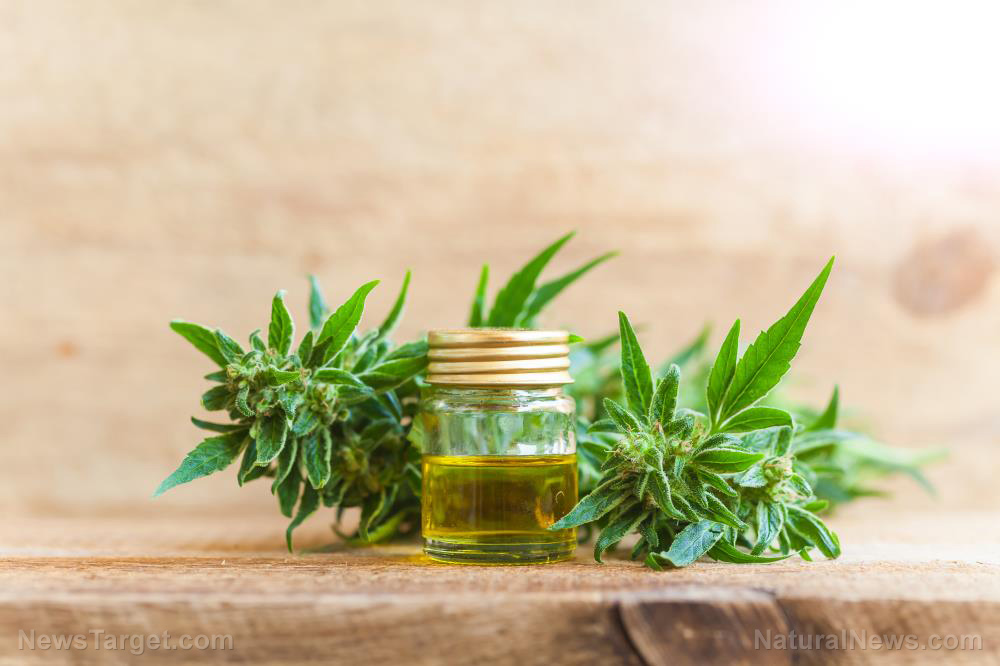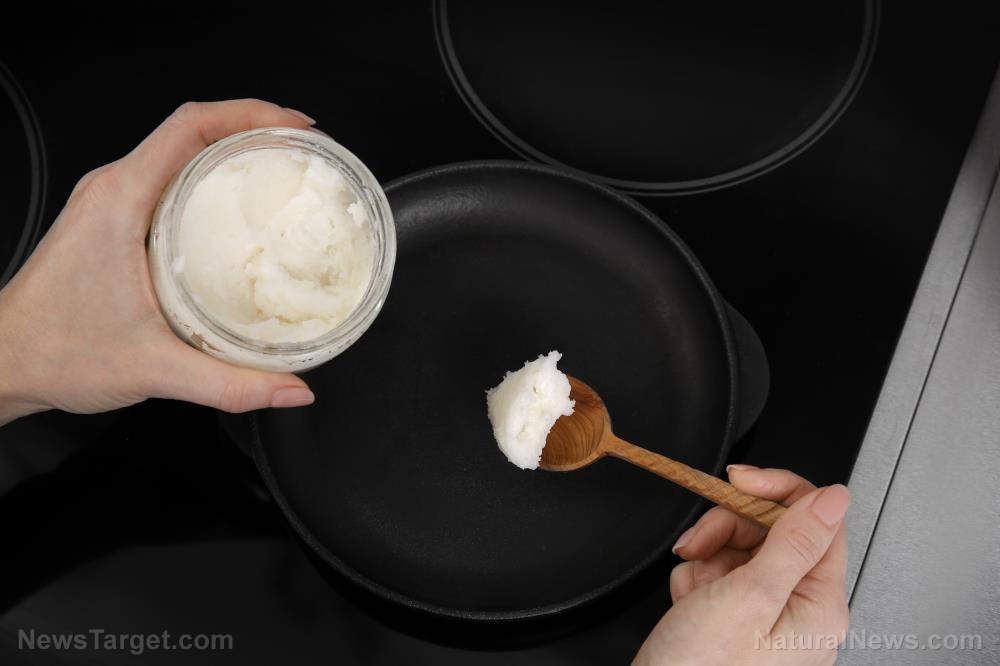Essential oils for good health: How to use them and when to avoid them
09/03/2019 / By Edsel Cook

Essential oils are some of the most potent natural products that can restore health. When used in combination with beneficial lifestyle choices, these volatile oils help restore the body’s natural ability to balance hormones.
Essential oils can also restore calmness to the mind and soothe emotions. Some examples of these are basil, cedarwood, clary sage, geranium, jasmine absolute, lavender, lemon, neroli, peppermint, Roman chamomile, rosemary, sandalwood, and ylang-ylang.
Essential oils also lift the mood and restore energy to the body. Bergamot, lemon and citrus essential oils have the most potent energizing effects.
Lastly, essential oils can help with mental grounding and balancing hormones. Cedarwood, rosemary, sandalwood, and thyme essential oils are the best oils for this. (Related: Essential oil of bald cypress can prevent food spoilage.)
The best spots for applying essential oils and enjoying their benefits
To get the most out of them, apply essential oils to the skin directly above the parts that need them or as close to those spots as possible. For example, people who want to remove tension from their backs can apply essential oil to spots that feel sore. A headache, on the other hand, can be alleviated by applying the oil to the forehead or temples.
Pulse points are spots where the heartbeat is felt the strongest. They are located behind the ears, on the ankles, neck, temples, wrists, and over the heart. Applying essential oils to these spots speeds up their absorption into the bloodstream.
Another way to accelerate the absorption of essential oils is to apply them to the soles of the feet, the ears, and the wrists (FEW). The FEW points host the largest pores of the body, so applying essentials oils to these spots will make it easier for oils to enter the skin and make it into the blood.
Safety reminders when picking and using essential oils
Geranium, lavender, sandalwood, and ylang-ylang essential oils are safe for aromatherapy, but other oils may be more restrictive. Lemon and thyme need to be diluted first before they can be applied to the skin.
Patients with epilepsy or high blood pressure must avoid basil and rosemary oils. Along with thyme, these essential oils are not suitable for people with hemophilia and other blood clotting problems.
Clary sage essential oil may trigger contractions in the uterus. Women should not use it while they are pregnant, but it might be helpful during childbirth.
Jasmine essential oil contains benzyl acetate that can cause mild allergic reactions. This compound can also be found in geranium, citronella, lavender, petitgrain, and sweet marjoram.
Bergamot and lemon essential oils are phototoxic. They react poorly to ultraviolet rays, so avoid sunlight and sources of UV light for 12 hours after using lemon oil and for 72 hours after using bergamot oil. Diabetics who are taking medications are also advised to avoid bergamot oil as it reduces blood glucose levels.
Neroli clashes with monoamine oxidase inhibitors (MAOIs), a class of synthetic antidepressants. People who are taking MAOIs should not use this essential oil.
People taking iron supplements must remember to wait for three hours before using peppermint essential oil. Those with hypertension or are taking medications for digestive problems must also be cautious. Additionally, peppermint oil contains menthol that can slow breathing, so it is not recommended for children below six years of age.
Basil, cedarwood, peppermint, Roman chamomile, and rosemary essential oils can affect the production of breast milk. Pregnant women and mothers who breastfeed should avoid using them.
Sources include:
Tagged Under: alternative medicine, anxiety relief, basil, Bergamot, cedarwood, citrus, clary sage, essential oils, geranium, herbal medicine, Herbs, hormonal balance, jasmine absolute, Lavender, Lemon, natural cures, natural medicine, natural remedies, natural therapies, neroli, peppermint, pulse points, remedies, Roman chamomile, Rosemary, sandalwood, stress relief, thyme, volatile oils, ylang-ylang
RECENT NEWS & ARTICLES
COPYRIGHT © 2017 CURES NEWS


















